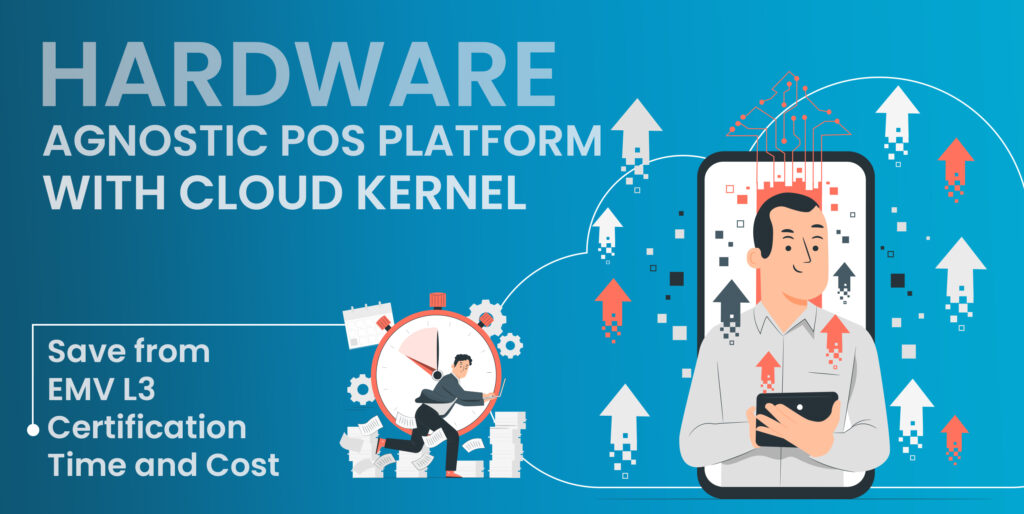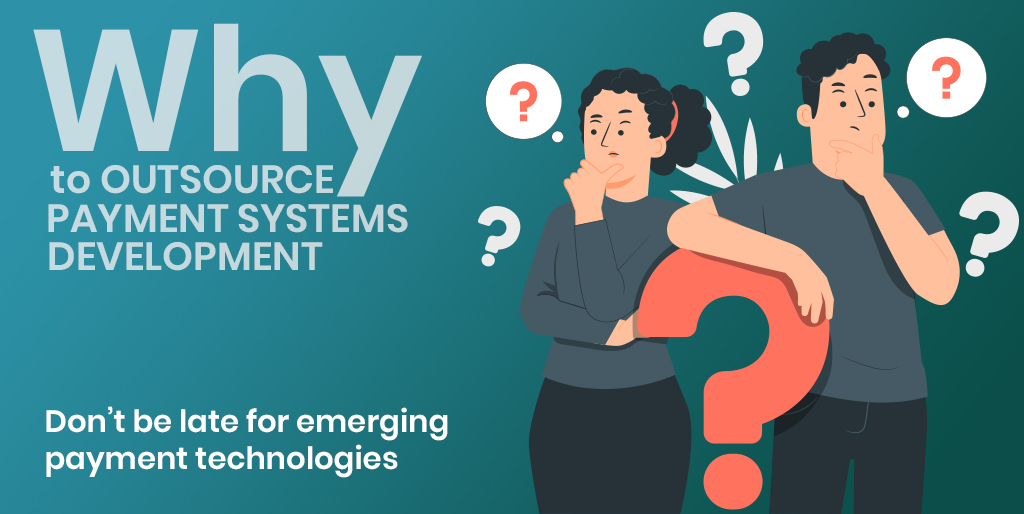
Payment Business At The Edge : Cloud Kernel vs Embedded Kernel
Payment business is going through significant changes recently. Increasing security concerns, cost reduction and new use cases are driving the change. New entrants and existing providers are seeking for smarter yet cost-effective payment devices to address new market needs.
There are many new trends in the market. For example, open-loop payment has been continuously growing in the new business segments. 10 years ago, the public transportation business was almost entirely closed-loop, but now it is rapidly transitioning to open-loop. Open-loop technology allows riders to use their existing credit/debit cards or mobile wallets to get on the bus or metro.
Omni-commerce payment is another use case growing fast especially after pandemic. People tends to use online payment more than before; however, they still seek the convenience and security level of in-store payment.
SoftPOS solution offers many advantages to smaller merchants, especially on-the-go merchants by shortening the time to have a POS and reducing the cost of card acceptance.
These changes in the market bring a question : How to use cloud technologies to reduce the cost and increase the efficiency. Which EMV kernel technology is better : Cloud kernel vs embedded kernel ?
Benefits of Cloud Kernel
New trends let new POS solution providers to emerge and existing ones to offer new innovative solutions. A lot of company are working on new solutions to address emerging needs of the market. The main goal is to address new use cases with smarter and cost-effective payment devices. With the advance of technologies, the dependency to hardware reduced. Offering a hardware-agnostic solution is crucial to reduce the cost and increase efficiency.
Considering these new market needs and with the increase of internet communication speed, cloud kernel comes into the picture with its unique advantages. Let’s compare cloud kernel vs embedded kernel to get a better idea.
Cloud Kernel vs. Embedded Kernel
EMV L2 Kernel is a software running on payment device. The software communicates with the card through physical or NFC interface and performs card authentication, cardholder verification, and risk management operations to ensure a secure card-present transaction.
In an embedded kernel solution, the kernel runs in the secure chip on the POS terminal, tightly connected to the hardware operating system. It requires certain operational effort to update the kernel, to get the POS devices loaded with EMV parameters and to get the transaction data and logs out of the secure chip.
In the cloud kernel solution, the kernel runs in the cloud rather than in the secure chip of the device. Using cloud technology drastically reduces the hardware dependency and inefficiency oriented from hardware.
Let’s see what are benefits of cloud kernel vs embedded kernel:
Reduce Certification Cost
EMV L2 kernel certification is much easier with cloud kernel vs embedded kernel. When POS vendor issues a new hardware or wants to go to a new certification, the certified part on the cloud never changes. This simplifies the certification significantly and reduces the cost of the certification.
Easy to Deploy on Different Hardware and Operating Systems
Porting cloud kernel to any hardware is much easier than embedded kernel. There is only a small application running on the client device significantly reducing the integration effort and the cost. On the other side, embedded kernel has a complex logic and porting it to hardware takes a significant effort and time.
Operational Efficiency
EMV kernels and parameters are managed through a web portal with cloud kernel. Unlike embedded kernel, there is no need to load them on the device. All operations are performed with a web portal simplifying the operation and reducing the risks.
Reversible
With the cloud kernel, all operations are reversible. Embedded kernels are very vulnerable to user errors. If a user defines an EMV parameter incorrectly, it may cause POS terminals do not operate correctly. In the cloud kernel, users use web portal to easily fix the issue and it is effective immediately. With the embedded kernel, users need to change the file in secure chip of the device which is extremely difficult, and which causes merchants disruption.
Advanced Transaction Monitoring
All transaction data is available on the cloud in real-time with the cloud kernel. This enables real-time monitoring of transactions and helps getting alarmed for potential issues. With embedded kernel, POS system is highly tied to capabilities of the hardware and software in the secure processor. The secure processor may not give enough transaction data and logs to analyze issues and monitor transaction trends.
Full or Partly Cloud
Conclusion
Cloud technology has drastically simplified our life in the last decade. There are numerous advantages we can count. For example, saving files and photos on the cloud helps us not to deal with them every time we get a new phone. It is obvious that cloud technology will make a similar impact on card payments. Fairbit Cloud Kernel is a software to help payment solution providers to get the benefit from numerous opportunities in the cloud ecosystem. Please visit https://fairbit.com/emv-kernel-on-the-cloud/ to get more information about the solution.
For our socials:
LinkedIn: https://www.linkedin.com/in/fairbit/







